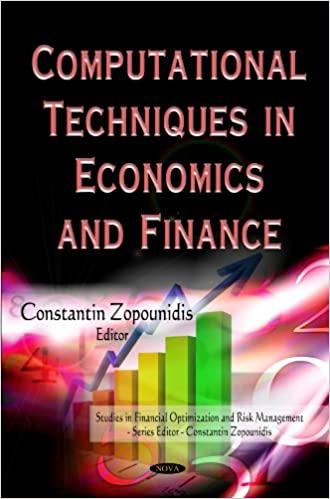Question
Facts: Mr. Wesley served as the Chief Executive Officer (CEO) of NYC Consulting and received a large portion of his compensation as CEO in the
Facts: Mr. Wesley served as the Chief Executive Officer (CEO) of NYC Consulting and received a large portion of his compensation as CEO in the form of stock options. In April 2010, when NYC Consulting opened a trading window pursuant to company policy to allow its officers to sell NYC Consulting stock, Mr. Wesley exercised his options and sold 1,000,000 shares of NYC Consulting stock. On May 31, 2010, Mr. Wesley entered into an automatic sales plan to sell his NYC Consulting stock and continued to sell his stock until June 29, 2010, when it fell in price. Per SEC rules, one way that a corporate official can dispose of stock without liability for insider trading is to do so pursuant to a fixed sales plan. If a person has no material inside information when he adopts a written plan for trading securities and that plan sets fixed rules for when he will buy and sell shares in the future, then his trades are not on the basis of inside information even if he later does acquire inside information. Except for sales according to a fixed sales plan, NYC Consulting policy only permitted officers to sell stock during short trading windows each quarter immediately after quarterly earnings were announced. Mr. Wesley and his wife reported $44,000,000 in net gain from these stock sales in their 2010 joint tax return. In March 2015, the Securities and Exchange Commission initiated a civil action alleging that Mr. Wesley orchestrated a scheme to defraud the investing public by misrepresenting NYC Consulting's performance and growth. The SEC claimed Mr. Wesley earned approximately $176.5 million selling NYC Consulting stock while in possession of insider information. The jury convicted Mr. Wesley of insider trading relating to the stock he sold between April and May 2010. As a result, he had to pay a $19 million fine and forfeit his net gain from the transactions. The Government intended to use Mr. Wesley's forfeiture to compensate victims.
Question: Is Mr. Wesley entitled to deduct the forfeited gain from the sale of his stock options as a loss, or is he not entitled to deduct the loss because it would contravene public policy since the forfeiture was ordered as part of his sentence for insider trading?
Step by Step Solution
There are 3 Steps involved in it
Step: 1

Get Instant Access to Expert-Tailored Solutions
See step-by-step solutions with expert insights and AI powered tools for academic success
Step: 2

Step: 3

Ace Your Homework with AI
Get the answers you need in no time with our AI-driven, step-by-step assistance
Get Started


